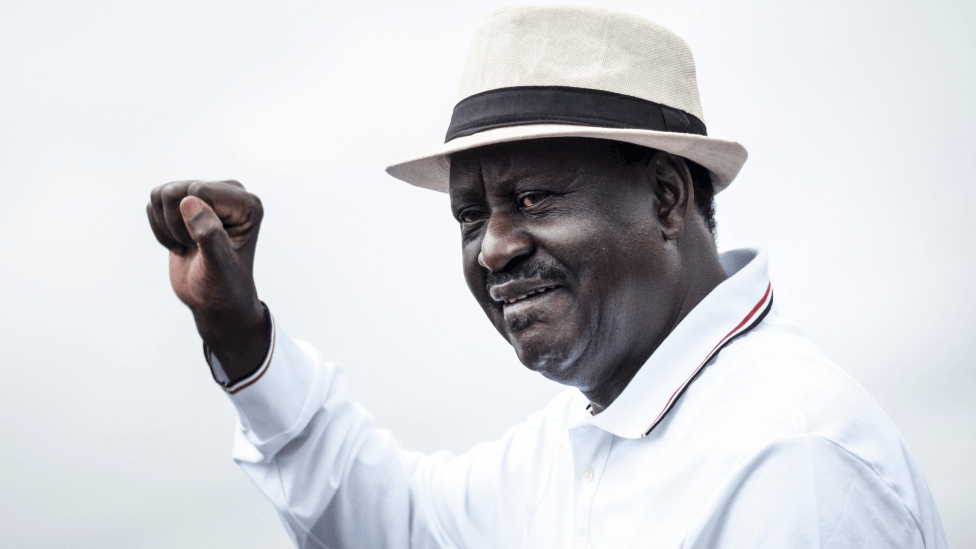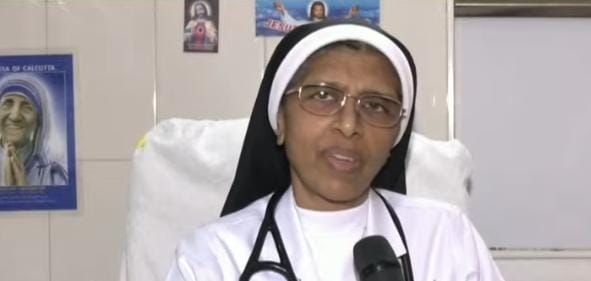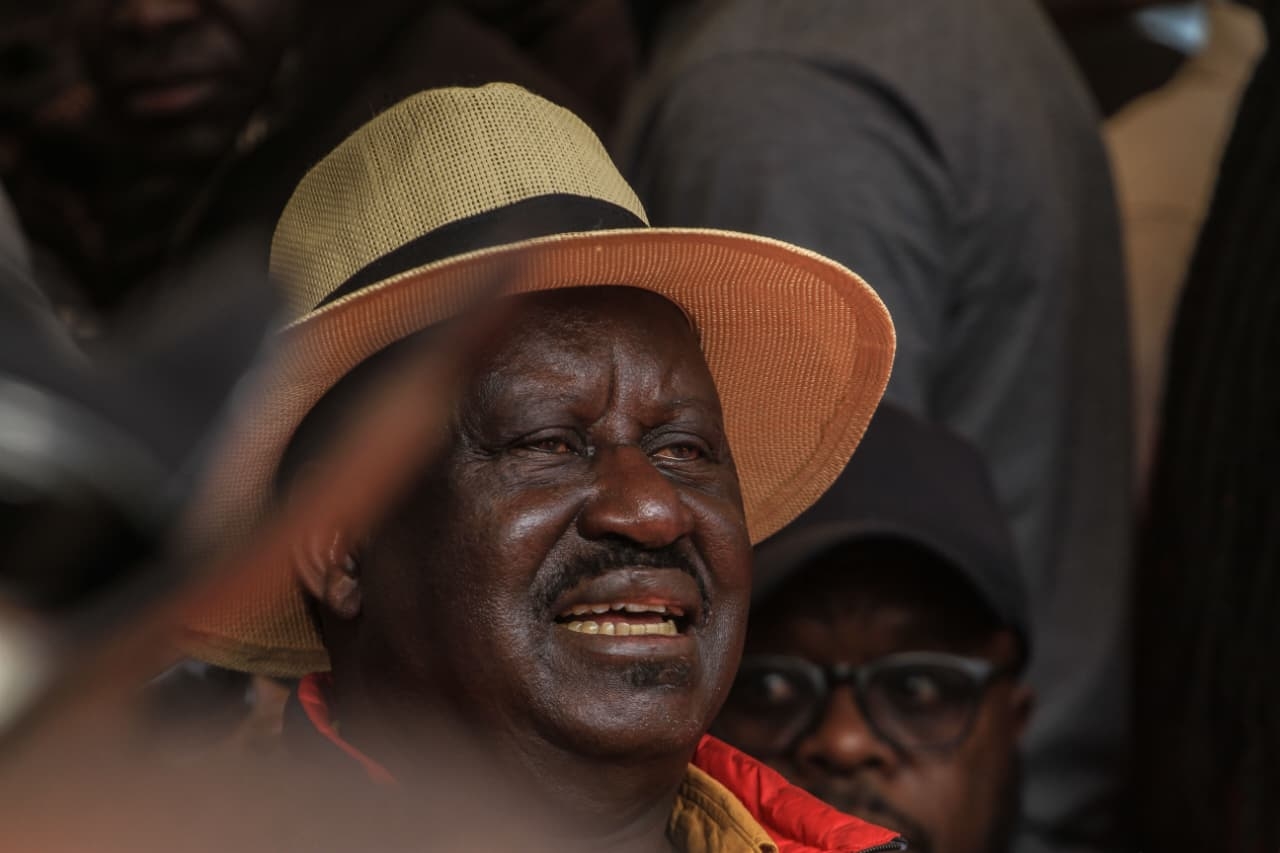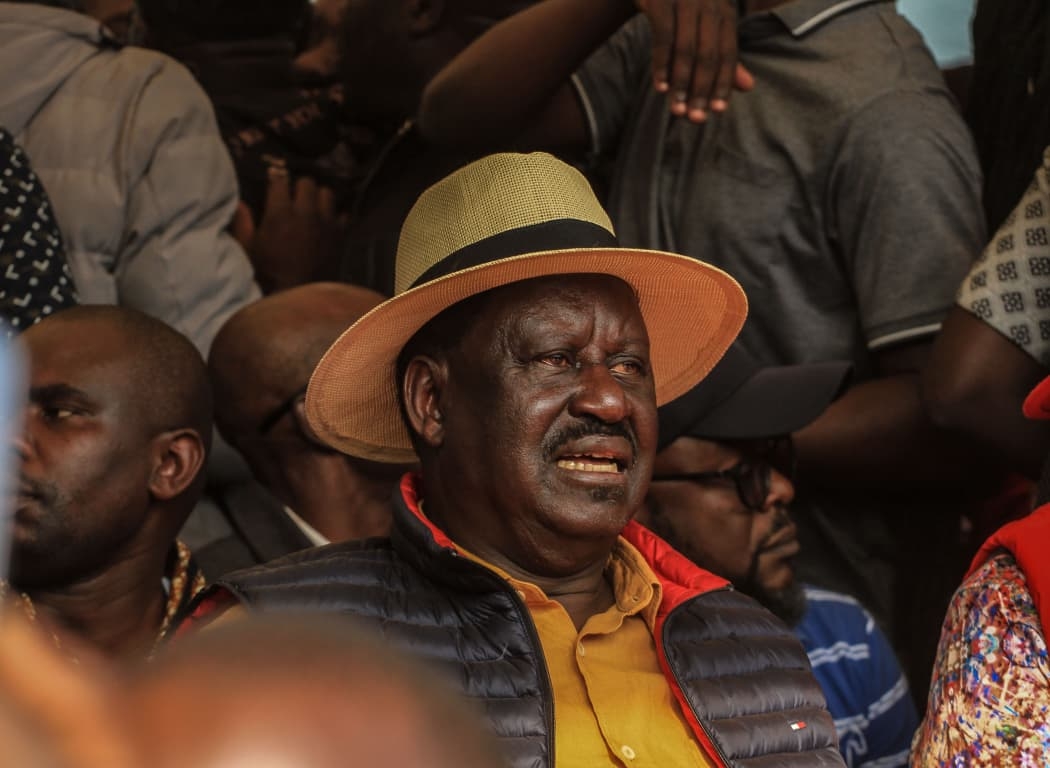A A, a father of four, struggled with muguka and cigarette smoking for more than two decades—24 years to be precise.
His marriage crumbled, his business collapsed, his health deteriorated, and he ended up in the streets as a mental health case.
A A, whose identity we could not reveal for legal reasons, is currently undergoing treatment at the Mombasa Women Empowerment Rehabilitation Centre.
He said muguka has not only caused him many life problems but has also denied him a chance to raise his children.
“I am a father of four, but my wife told me to stay away from them. Until that time I will stop using muguka; she will take care of our children and take them to school,” he said.
When someone is addicted to muguka, there is nothing important he or she can do because all they think about is muguka and spend every coin buying it.
“I used to own a shop but had to close it down because any cash I would get, I used to spend it on muguka. You can't even support your family, if you get Sh1,000, you take home 700 and use the balance on the vice,” he said.
He added; “My family decided to take me to rehab because of muguka and smoking cigarettes. This has been my biggest problem for the longest time.”
The money he spent on muguka would have made him rich had he used it prudently.
“If I calculate the amount of money I used to buy muguka, I would be owning vehicles right now. The 24 years I wasted, I would have really developed myself, I would not be depending on my mother and brothers who are also supporting my family the way I am doing now,” he said.
This is not the first time A A has been taken to rehab.
He was here before, he said, but he relapsed. However, he said he is now ready to reform and stop the addiction.
M A, a mother of four who was a heroin addict for 15 years, stopped using the hard drugs after rehabilitation.
However, she has now turned to muguka.
In 2018, after spending time in rehab in 2017 and coming out a clean person from heroin, M A said she was influenced by a friend.
She did it knowing that it did not have any effects and that her chapter with drugs was closed.
“When I started using muguka, I knew it was not a drug, heroin was the only problem I had. So, I started using miraa but when broke, I would buy muguka,” M A said.
However, muguka would affect her.
“At night, after chewing muguka, I could not sleep, I was idle, moving from one club to another,” she said.
This not only led her to depression, which she was not able to deal with, but she also ended up with mental health issues.
Compared to miraa, she said muguka is very cheap. It only costs Sh50, unlike miraa which goes for Sh400 for a quarter kilogramme.
“I would do whatever it takes to get at least Sh500 to buy miraa, it was expensive compared to my Sh200 Muguka, which would take me the whole day. I was jobless, so I used to get the money from men, and you know, if someone gives you something twice, the third time you have to pay for it,” she said.
M A said she separated from her husband because of her addiction, she did not have time for him and her children.
Luckily, when she was taken to Mewa Rehabilitation Centre, her children got a good samaritan who took them to a boarding school, apart from one of her sons, who dropped out of school and is currently in rehab as well.
“My first-born child, who is now 20-years-old, started sneaking out of school, what I didn’t know is that he was in a group of children who were smoking bhang, and later started using muguka,” she said.
Her son was suspended from school when he was in Form 2 because of muguka's addiction. He was caught with muguka and bhang in a school in Mombasa.
Due to its affordability, M A said, muguka is easily accessible to school-going children because there are those who sell it as cheap as Sh30. Something that is a big challenge to children and parents.
This, she said, has also led to theft cases among young people who stay awake at night because muguka cannot let them fall asleep.
“My son has been to rehab three times, but every time he sneaks out. The first time he sneaked out but I understood and took him back, he sneaked out again, this is the third time, and this is all because of muguka and bhang addiction,” she said.
M A called upon the county government of Mombasa to completely ban muguka business.
“Many of our brothers have been affected by muguka, and many have mental illness. In the past, we didn’t have mental health cases, but due to muguka, so many people have mental health problems. Rehabilitation centres used to be occupied by drug addicts and alcoholics, but today, in a group of 100 people, 70 of them are addicted to muguka, 20 heroin and 10 alcohol,” she said.
She urged those who have never used it not to try because “one is not enough, and if you’re given 1,000, it will not even satisfy you. Addiction cannot be measured, so do not use it, it has so many challenges.”
Mombasa Women Empowerment Rehabilitation Centre leader Amina Abdallah said people have been talking about miraa but muguka is never mentioned and is only referred to as a cash crop.
Abdallah said 80 per cent of patients with mental health problems found on the streets and taken to the rehab facility, which is located in Miritini, have been affected by muguka.
Apart from mental health, she said muguka has also led to marriage trouble because families do not have peace.
In the fight against muguka business, the renowned mental health champion said they will roll out a sensitisation programme to educate young people and women in all 30 wards of Mombasa on the effects of muguka.
This is in support of Governor Abdulswamad Nassir, who declared war against muguka, miraa and its related products.
In an executive order dated May 22, Nassir said henceforth no motor vehicles carrying the products will be allowed into Mombasa.
“As Mombasa Women Empowerment, we want to go into the community to educate youth and women to ensure they understand the effects of this plant. We will be reaching out to everyone from the age of 12 years,” she said.
Abdallah said at their facility, they have men who are walking in diapers because excess muguka chemicals in their bodies have led to spillage of their sperm. There is a reason why it should be treated as a pandemic.
The centre will partner with the county government to provide free treatment addicts willing to reform but cannot afford treatment fees.
Abdallah called upon parents to protect their children by doing a follow-up with their teachers on how they are doing in school. She urged coastal region leaders to work together and ensure muguka business is banned.
Dr Janbibi Yusuf, a psychiatrist at Mombasa Women's Hospital, said muguka and miraa, chemically, are both stimulants that affect not only the brain but also blood pressure, changes of mood, depression and other diseases.
“The people who one day had their work and lived a very good life with their families are today patients visiting our facilities for treatment due to muguka addiction. This plant activates your body, so at night, a person is stimulated and cannot sleep, so they start using other drugs like alcohol and Bugizi pills, a type of benzodiazepine, to get sleep,” she said.
At their facility, Abdallah says they have had patients as young as nine-years-old using muguka but said they improve after treatment and get empowered.
The chemical in it affects the stomach, but it is part of psychosis, which gets confused. She said people don’t understand themselves, meaning they can do anything.
“We have so many patients using diapers, those who have used muguka for a long time have a reduction in their sperm count, which causes impotence and infertility,” Abdallah said.
Muguka has a lot of chemicals, but what causes mental health problems is cathine and cathinone, which are scheduled as narcotic drugs. The compounds are recognised as banned substances by the Narcotic Act of Kenya, and the plant is still illegal.












